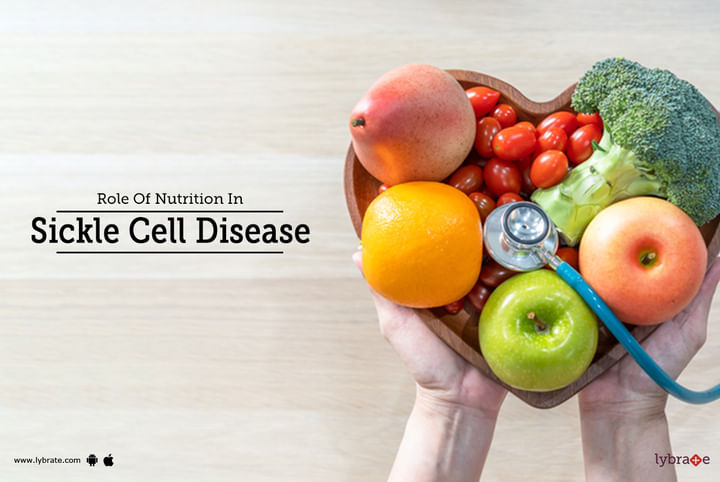Role Of Nutrition In Sickle Cell Disease
People with Sickle Cell Disease often experience myriad symptoms of the disease that can be controlled by the right nutrition. Reports suggest that nutrition is an increasingly significant factor to prevent symptoms such as slow growth, lower body mass, joint issues, infections, pain crises, and anemia.
There is a greater than the typical requirement for both calories and micronutrients.
The nutritional requirement of a Sickle cell patient emphasizes more on vegetables, fruits, whole grains, and more similar food items. These can prevent any deficiencies in the body and also decrease any chances of disease exacerbation.
-
High-calorie nutrient-dense diet
The usual energy intake in a sickle cell patient is normally lower than the average values. It is a case even when the condition is asymptomatic where the requirement drops to half the level. As a result, people with Sickle Cell Diseases (especially kids) are at higher risk for impaired growth and considerably lesser fat and fat-free mass, with obesity also posing a risk. It is suggested to have adequate energy supplements in the diet to reach the minimum sufficient requirement of the body that can be done only by proper nutritional assessment.
-
Adequate fluids
Avoiding dehydration is another significant factor to avoid any severe symptoms of Sickle Cell disease. Sickling of the erythrocytes aggravates in patients who perform hardcore physical work in the heat without drinking enough fluids. This leads to dehydration and can even result in constipation.
-
Micronutrients
Micronutrient deficiencies can be found in sickle cell patients up to a great extent. Several vitamins and minerals like Vitamin A, B6, C, E, carotenoids, zinc, and magnesium are often found in fewer numbers in SCD patients. A significant drop in blood-antioxidant status may result in acute chest syndrome. The supplementation of these vitamins and minerals can reduce the number of sickled cells in the body. Plant phenols and flavonoids may also help in lowering oxidative stress.
-
Calcium-rich food
Getting plenty of calcium-rich food like dairy products, leafy vegetables, cereals, and fruit juices aids the child's growth and development. This may lead to a stronger physical structure and a greater resistance to the disease.
-
Omega-3 fatty acid
There are reduced proportions of Omega-3 polyunsaturated fatty acids in sickle cell patients. These acids aid the fluidity of red blood cell membranes. As a result, they prevent sickle cell crises. Supplemental Docosahexaenoic (DHA) and Eicosapentaenoic (EPA) have shown numerous therapeutic benefits in SCD patients.



+1.svg)
